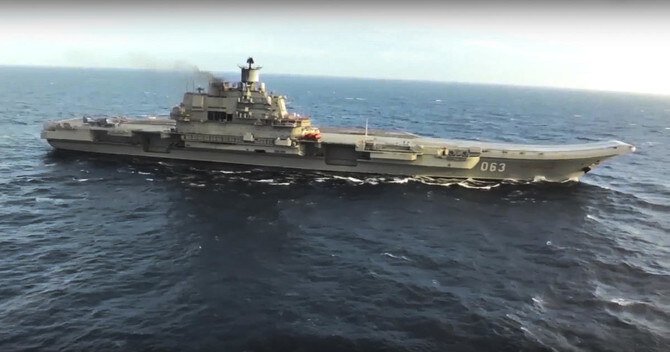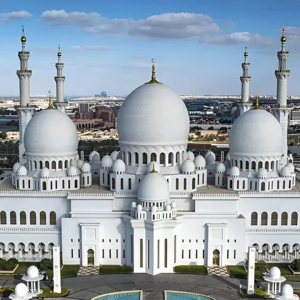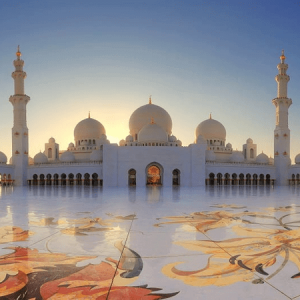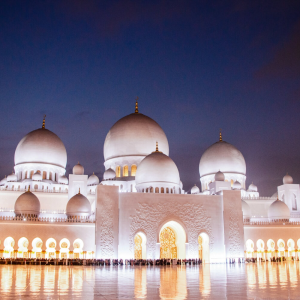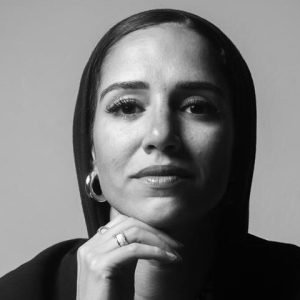Syria’s Ports: A Quiet but Powerful Shift
In recent years, a quiet transformation has been taking place along Syria’s coastline. Once dominated by Russian interests, Syrian maritime assets — including its key ports and logistics infrastructure — are now slowly shifting into the hands of powerful Emirati firms. The transition isn’t making major headlines, but behind the scenes, this change reflects a much bigger story: the changing power dynamics in the Middle East and a new chapter in Syria’s rebuilding efforts.
At the heart of this shift is the port city of Tartus, long viewed as a strategic gateway to the Mediterranean Sea. Russia has operated a naval facility there for decades, using it as a crucial link for military operations in the region. But now, new players from Dubai are stepping in — not with warships, but with investment, management deals, and a long-term vision for commercial growth.
Russia Steps Back, UAE Steps Forward
Russia’s deep involvement in Syria began during the civil war, providing military support to President Bashar al-Assad. In return, Moscow was given access to Syria’s ports and natural resources. However, with Russia increasingly focused on its own military challenges in Ukraine and domestic economic concerns, its grip on Syrian infrastructure is loosening.

This gap has opened the door for new partnerships — especially with the United Arab Emirates, which has recently renewed its diplomatic and economic engagement with Syria. Over the past two years, Emirati companies have signed contracts to manage and develop critical logistics hubs and maritime services in Syrian ports.
While the exact terms of these deals are often kept quiet, industry insiders say they give Dubai-based firms control over shipping terminals, cargo handling operations, and even customs management. These deals are not just about profit; they also give the UAE significant influence in a region where it seeks to expand its strategic footprint.

A Strategic Win for Dubai

For Dubai, known globally for its massive ports and logistics empire, the entry into Syria’s maritime sector fits perfectly with its long-term goals. The city is home to DP World, one of the world’s largest port operators, which runs terminals across Africa, Asia, Europe, and the Middle East. While it has not publicly announced direct involvement in Syria, similar Emirati entities have been quietly making moves that echo Dubai’s global playbook.
What makes Syria attractive? First, geography. Syria’s position along the Mediterranean offers access to European markets and trade routes. Rebuilding the port infrastructure could turn Syrian cities like Latakia and Tartus into valuable stops for regional shipping — especially as new trade corridors emerge through the Gulf and the Levant.
Second, economics. After years of conflict, Syria is desperate for reconstruction, and foreign investment is one of the few ways to jumpstart the economy. With international sanctions still limiting many Western businesses from operating in Syria, the UAE is seizing the opportunity to fill that gap.
Local Tensions and Regional Balancing
The growing Emirati presence in Syria’s ports does not come without challenges. Many Syrians are wary of foreign control over their infrastructure, especially after years of war and dependency. And while the UAE presents its involvement as purely economic, the shift in control has political consequences.
Russia, though stepping back, is unlikely to walk away completely. Military facilities in Tartus remain under Russian command, and Moscow will probably retain some form of influence in Syrian affairs. However, the rise of Dubai as a maritime partner signals a move toward diversification — where Syria is no longer leaning solely on Moscow.
Meanwhile, other regional powers are watching closely. Iran, another key ally of Assad, may see the UAE’s growing presence as competition. Turkey, too, remains deeply involved in northern Syria and will be closely tracking how these port developments shift the balance of regional trade and power.
What’s Next for Syria’s Maritime Future?
This transition from Russian to Emirati control is still unfolding, and many questions remain. Will the investments bring real benefits to ordinary Syrians? Can Dubai-led companies modernize the port system fast enough to make a meaningful impact? And how will the broader region react to the UAE’s expanding role?

What is clear, though, is that Syria’s ports are no longer just quiet hubs for shipping goods. They have become symbols of changing alliances and shifting priorities in the post-conflict Middle East. For Dubai, it is a strategic step into a new market with the potential for long-term rewards. For Syria, it might be a lifeline — or a new kind of dependency, depending on how the partnerships evolve.
The Bigger Picture: Economic Revival or Influence Play?
To some observers, the UAE’s interest in Syria is part of a larger plan to become the leading economic force in the Arab world. As countries like Saudi Arabia and Qatar focus on high-profile projects and soft power, the UAE is investing quietly but deeply in logistics, ports, and connectivity — the foundations of long-term influence.
By managing trade routes, controlling shipping lanes, and investing in underdeveloped infrastructure, Dubai is positioning itself as the silent engine behind regional commerce. Syria offers the kind of ground-floor opportunity that fits this strategy: high risk, high reward, and a chance to reshape a country’s future through economic partnerships.
Yet others caution that true revival in Syria will take more than investment. The country still faces heavy international sanctions, political instability, and unresolved internal divisions. Even the best-run ports will struggle to thrive without a wider recovery.
Final Thoughts
The shift of Syria’s maritime assets from Russian hands to Emirati control marks more than just a business transaction. It reveals a subtle but powerful story about how influence is changing hands in the Middle East. As Dubai steps in with its money, management, and long-term vision, Syria finds itself tied to a new partner — one with very different ambitions from Moscow.
Only time will tell if this new relationship will bring stability, prosperity, and opportunity to the Syrian people. But for now, the ships sailing into Syria’s ports may soon fly a different flag — and their destination may be shaped as much by economics as by geopolitics.Tools
Also read: How to Survive the Dark Side of Dubai’s Dream Life

